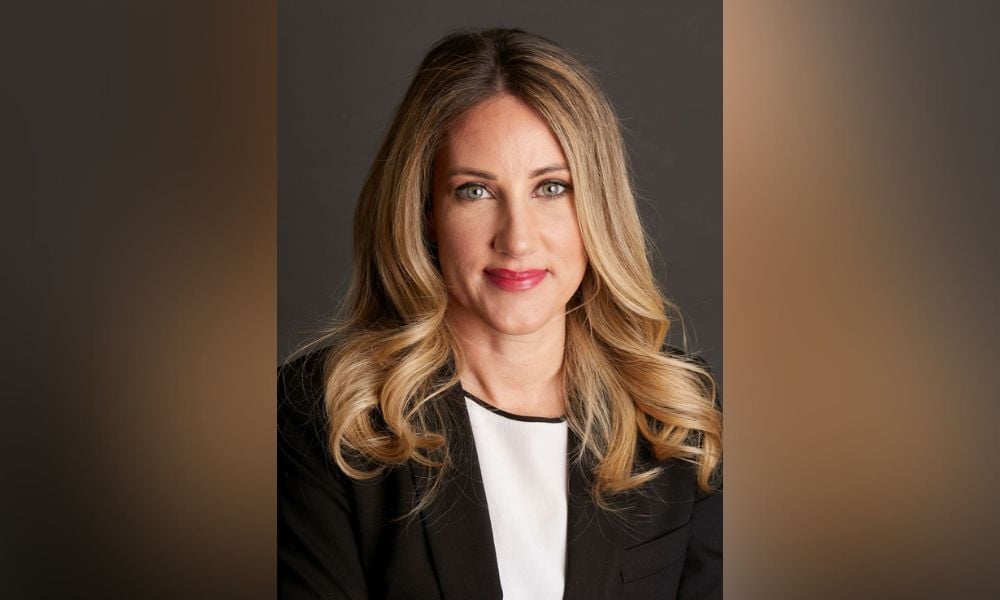Changing priorities, new definitions, and retirement stages raise the need for continuous planning

Canadians’ length and definition of retirement is changing with more seeing it as a new phase of life rather than a time to rest and relax, so advisors need to keep up with those changes to see how its impacting their retirement plans, said one strategist.
“Canadians want a more active and robust retirement, and the length of retirement is longer because Canadians are living longer. On average, retirement is 27 years, which is a very long time,” Julie Petrera, senior strategist of client needs for Canada at Edward Jones Canada told Wealth Professional after releasing its second retirement study.
“What that means financially is it’s more expensive because a longer retirement where you’re doing more will be more expensive than a shorter retirement where you’re resting. So, that’s part of the reason why retirees continue to work in retirement. The other reason is it give them purpose, they enjoy it and feel fulfilled working.”
Edward Jones’ new retirement study, Longevity and the New Journey of Retirement, was conducted online during January with 1,003 Canadian adults aged 45 and over, who were retired or within 10 years of retirement.
It noted that 60% of Canadian retirees and pre-retirees say their ideal retirement includes some form of work. Of these, 18% wanted to work full-time, 19% wanted to work part-time, and 23% wanted to cycle between work and leisure.
How they define when retirement starts is also changing. 9% said it’s when they reach a certain age, but 21% said it’s when they achieve financial independence. 14% thought it was when they left a career or job, and 18% thought it was when they received Old Age Security.
“How do we define when someone is retired? Previously, older generations would have said it’s an age: 65,” said Petrera. “But, now, with 60% of retirees or those about to retire saying they want to continue to work, there’s no day that you stop working. Canadians have a few definitions of the onset of retirement, so it’s kind of fluid.”
The other thing that the study revealed is average Canadian retirees started saving at age 37, but wished they had started at age 28. Of those who could retire within a decade, 58% were contributing to retirement accounts, but only 30% had a financial plan.
Most Canadians no longer have defined benefit pension plans, so the survey showed that half of new retirees who’d been retired for two years or less are worried they will outlive their savings. 55% who had been retired for three to 14 years had either downsized or taken a part-time job to be financially comfortable. Only 33% of retirees surveyed said they were in great financial shape.
Petrera said the changing retirement landscape has become more apparent during the pandemic, especially since more people can work remotely. But, while some retirees choose to work because it gives them purpose and connection, others are working to shore up their finances, especially for a longer or more active retirement before they may move into precarious health in later years.
Petrera noted that Edward Jones is using this information to help advisors continue to discover, or rediscover, what each client wants as they move through into and through the retirement phase.
She recommended that advisors check in on what clients are facing in retirement. What are their plans – for when they’ll retire and what they’ll do? What will it cost? How financially ready are they?
“It’s no longer that they’re going to retire at 65, need 70% of their pre-retirement income, and then die at age 85,” she said. “There are a lot more people wanting individual experiences, so you need to plan for that additional income, which impacts when they take CPP or if they qualify for OAS. So, all of the inputs that go into planning for retirement need to be adjusted on an individual basis. And it all comes down to what do they want to do, and what are they afraid of?”
Edward Jones noted there are retirement stages: anticipation, which can be the ten years prior to retiring, but which many have accelerated during the pandemic; liberation and disorientation, which may last up to two years after retiring; reinvention, which can last up to 14 years after retiring, but is the period when Canadians reshape their post-work identities and lifestyles; and resolution, the last 15 years, when health concerns may emerge.
“There’s definitely been a shift in the way that things were traditionally done, and the way retirement planning was traditionally viewed,” said Petrera. “So, we’re making a conscious effort to hold rediscovery and review meetings so that we’re not just saying, ‘hey, you met the goal you told us you wanted to meet ten years ago’. We’re taking a step back to say, ‘have your goals changed?’, and the study is showing us that they probably have.
“Retirement isn’t just one thing. So, that’s why this continuous planning needs to continue into retirement. Even if you’ve had clients for 15 or 20 years, and they have a plan, you need to continue with an ongoing process of discovery or rediscovery to find out what has changed and what values are showing up, so you find out what’s important to every single client as they travel through this retirement journey.
“There’s more to retirement than just contributing to an RSP and then withdrawing it in retirement. It’s really about uncovering what’s important to every individual and then building them personalized plans so they can reach their unique goals.”



